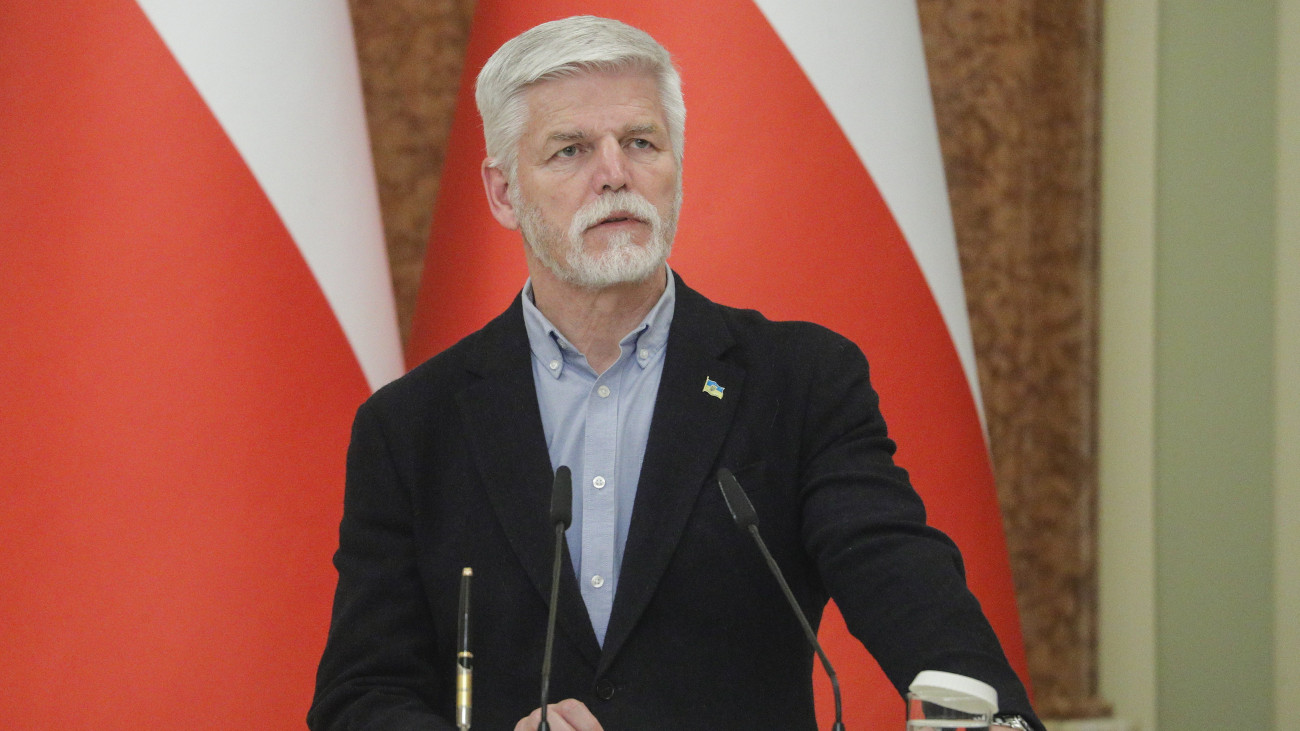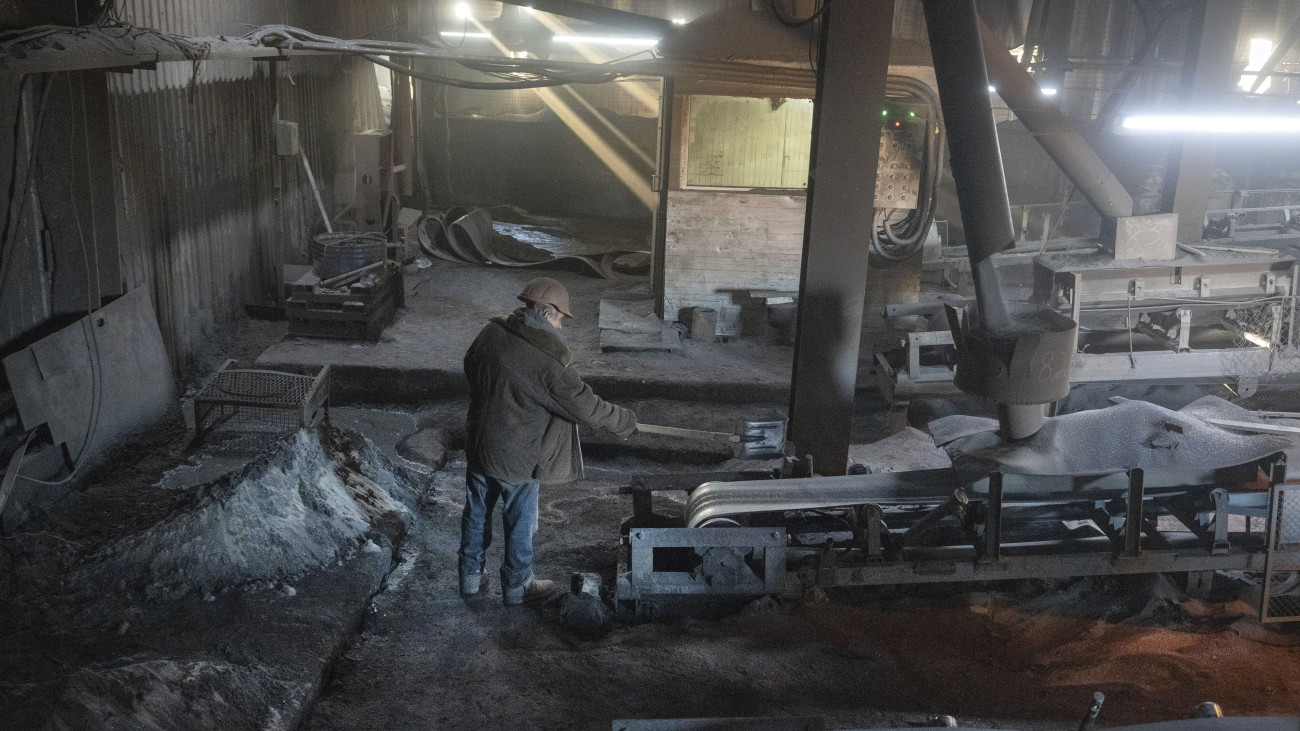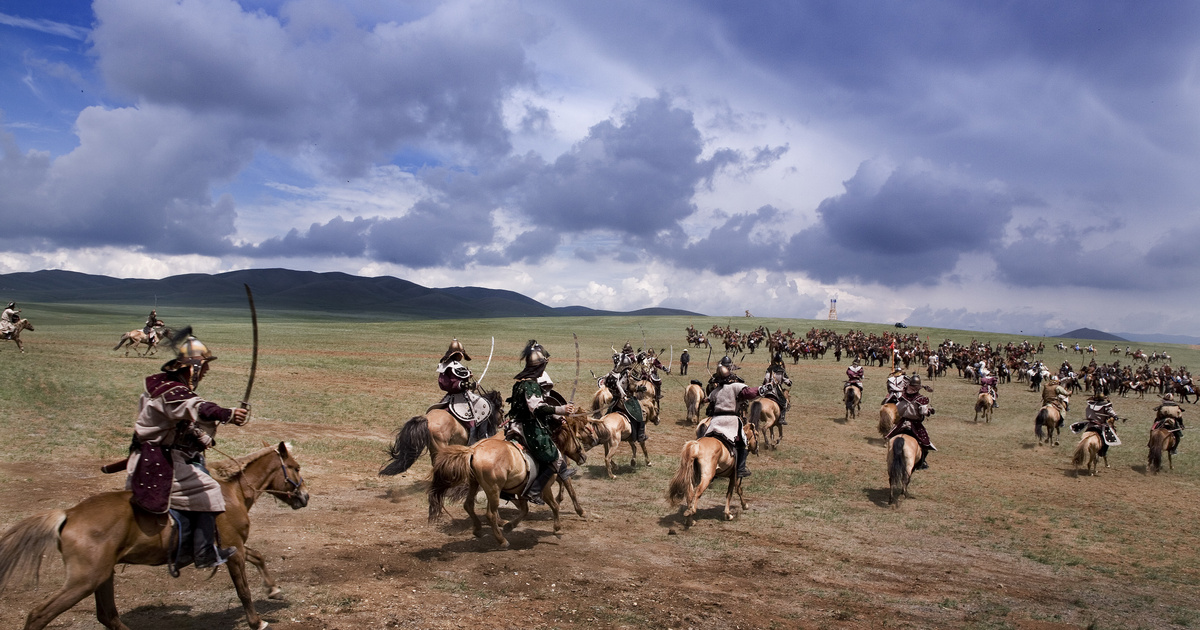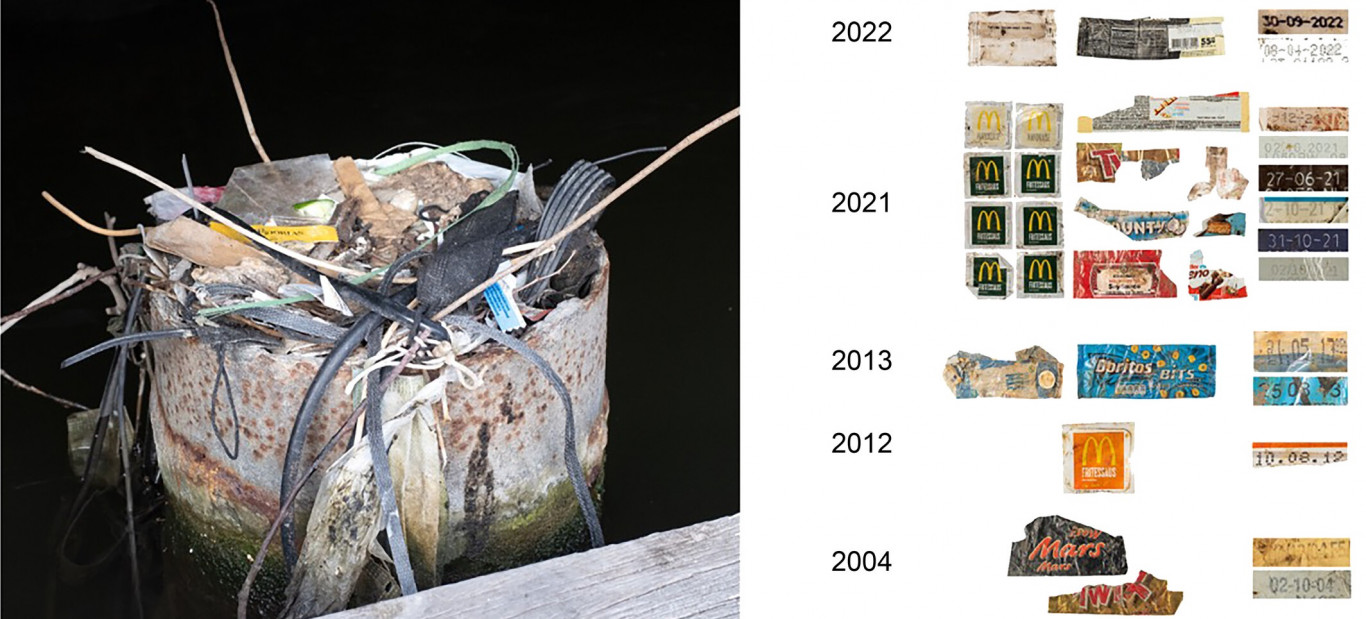Albatrosses, unusually loyal to each other, became more and more “separate” from each other. Scientists say that climate change may be behind this phenomenon.
Researchers have studied a total of 15,500 pairs of birds in the Falkland Islands in recent years. Typically, only 1 percent of birds “release” and agree to a new partner after they’ve chosen a party for themselves beforehand.
Monogamy and long-term relationships are very common in them
Francesco Ventura, a researcher at the University of Lisbon, explained. By comparison, scientists recently noted that in years when water temperatures were warmer than normal, an average of 8 percent of albatrosses were already divorced.
Usually, albatrosses do not separate unless they fail to produce offspring with their mate. Now, even with successful offspring, the birds were caring for other pairs. It was published in the Royal Society Journal that presents the results of the research study They are “writing about divorce caused by environmental factors,” which they say is a lesser known consequence of climate change to date.
According to Francesco Ventura, there are two possible explanations for what could cause frequent divorces: One is that albatrosses have to spend more time hunting than before due to higher water temperatures. As a result, they hunt for so long that they fail to return to another mating season, so they look for another bird during mating. Another explanation is that warmer water and the resulting difficulties can stress the birds, making them more likely to “blame” their mate for problems and look for another bird instead.
Scientists have also begun to study the divorce habits of albatrosses because they are severely depleted. According to 2017 data, the number of birds capable of breeding has almost halved compared to the 1980s. Scientists say there are still enough fertile albatrosses in the Falkland Islands, but in other areas their numbers have plummeted causing changes to wildlife as well.
(via BBC)












































